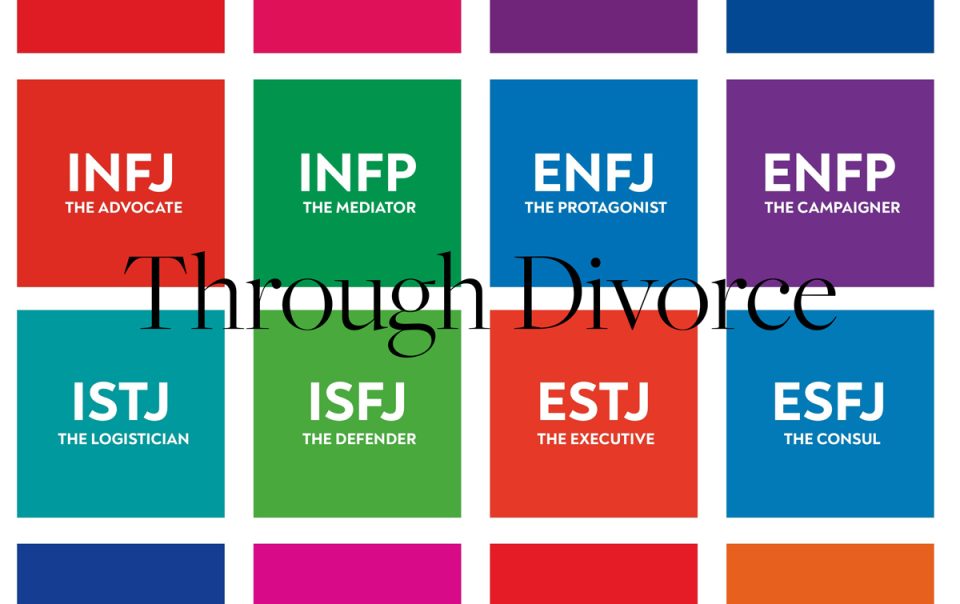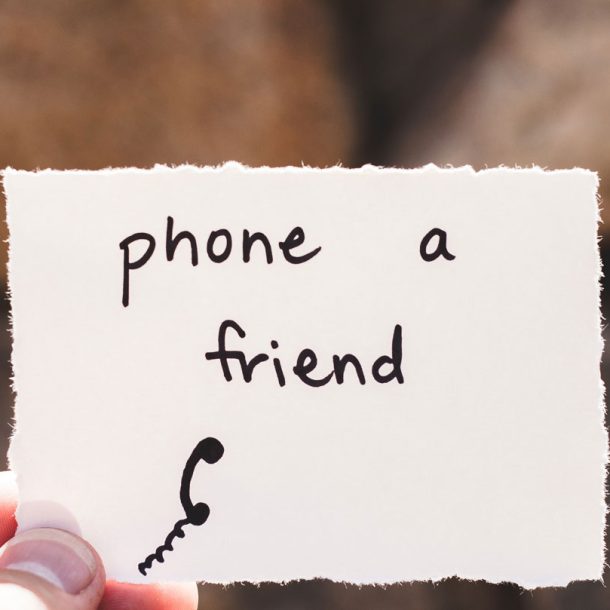
Running a gauntlet might conjure up images of being judged and tortured from all angles as you work your way towards a goal. While the divorce mediation process doesn’t have to be torture, many of my divorce coaching clients identify it as one of the most stressful moments in their lives. Knowing how to prepare and to cope is something I often help them with and today I’m sharing some of those thoughts with you.
Divorce Mediation: How did I get here?
Divorce mediation is considered a form of alternative dispute resolution (ADR), which is an alternative path from a court or judge decided divorce. It is conducted by a trained and neutral third party, often an independent attorney or mental health provider. Some people come to mediation after hiring an attorney and some go before or instead of hiring an attorney. Mediation is often used to help a divorcing couple come to an agreement on sensitive topics like child custody, child support, and division of assets. Mediation is only necessary when the divorce is contested in some area. If the couple can agree on all aspects of the split, they do not need a mediator. In mediation, the couple makes all the decisions, and the parties aren’t forced to reach a settlement.
You and your spouse may have agreed to go to mediation or your state may have required it. Especially when child custody and visitation rights are disputed, many states require that divorcing spouses go to mediation. Most court-mandated mediation is free or is provided at a low cost but not all issues in the divorce are handled in this mediation setting.
Divorce Mediators: How to find a good one?
Often people find a mediator in the same way they find a divorce attorney. Getting a personal recommendation from friends or family can be a good way, particularly if they had their own mediation experience with the professional. Sometimes your marriage therapist or divorce coach will also have a recommendation so don’t be shy about asking them. Check with your state to make sure you hire someone who is properly licensed or meets the minimum training requirements for your state. Some states have professional ADR associations that will list qualified mediators. The Academy of Professional Family Mediators, a national organization also maintains a list of mediator members.
Divorce Mediators: Who to choose?
I always recommend meeting or talking to a mediator before hiring them. It’s a good idea to come up with a list of more than two mediators you’d be happy to work with in case your spouse does not agree with your first choice. Here are some other important considerations in hiring a divorce mediator:
Experience & Specific Knowledge
Only work with a mediator with appropriate divorce mediation training. Don’t be shy about asking them how many cases they’ve mediated and how they define a successful mediation. Any mediator you hire should be familiar with your state’s divorce laws on the topics at issue in your case.
Consider the most important sticking points in your divorce currently. Are they financial? Related to child custody or visitation? Hiring a mediator with expertise in those areas can be invaluable. When there are multiple points of contention in your divorce, you may find that a mediator who is also an attorney is a good bet as they are seasoned family law professionals.
Cost
Most mediators charge by the hour. Mediators that are also attorneys often charge the same hourly rate for non-mediation work. Mediators who are not attorneys typically charge less. Other mediators or mediation services charge by the session or offer a flat fee. Usually the mediation costs are split by the divorcing couple. Additional fees for filing paperwork and court fees are often not included so make sure you get a full picture of what a mediator’s service entails.
Personality
Hiring any professional requires trusting that they can do the job effectively and efficiently. Hire someone who is calm, fair, and listens well. A good mediator doesn’t dominate conversations with their opinions or push parties into agreeing to things they aren’t comfortable with.
Preparing for Mediation
Before the meeting, mediators will often ask for written information about the divorce. Some mediators require both spouses to submit necessary financial documents as well. Depending on the mediator’s rules, individuals may bring their lawyer to the meeting. Some mediators allow a friend or support person to accompany each party, so if this is something that might be helpful for you, check with them first. If you don’t understand the details of the meetings like whether you will be in the same room as your spouse, how long it will last, etc. make sure you ask and get this clarification beforehand.
Should I hire an attorney if I don’t already have one?
While this is a highly personal decision, here are some things to consider:
- As a neutral third party, your mediator can’t tell you if you’re making a good or bad deal in your divorce.
- How well do you know your state divorce laws? If you are worried that you don’t know the law well enough to protect your rights during mediation, it may be time to consider hiring an attorney.
- If you hire an attorney at this stage find one who is familiar not just with family law but also with the mediation process in your state. A lawyer can help you with negotiation techniques, explain legal concepts, and review agreements, making sure they are valid and protects your rights.
- Does your spouse have an attorney? Leveling the playfield is smart if they are working with one. If they do not, it’s important to consider what they’ve communicated to you about retaining attorneys. Hiring an attorney when your spouse is adamantly against it may create more tension in the process. However, if you feel your spouse isn’t being honest about having an attorney, that is another factor to consider.
- There are complex issues like child custody and asset division. An alternative to consider in addition or instead of hiring an attorney would be hiring a CDFA (Certified Divorce Financial Analyst), business evaluator or child custody specialist.
- Cost. Hiring an attorney and paying for a mediation process can be costly. But, while you might save money, many people find it worth it, in the long run, to consult with an attorney to make sure they aren’t giving up valuable rights or taking on extra responsibilities in the settlement agreement. Having your attorney at your mediation is also likely to cost more than consulting with them on an as-needed basis during the mediation or connecting with them afterward.





